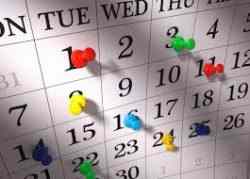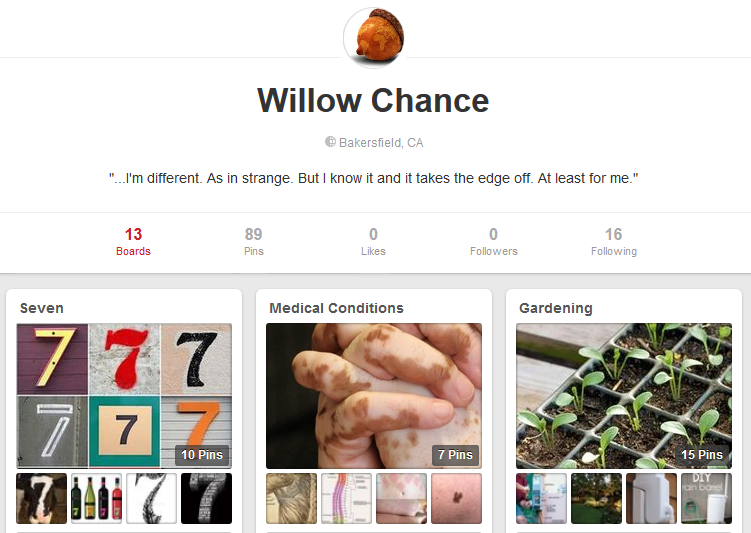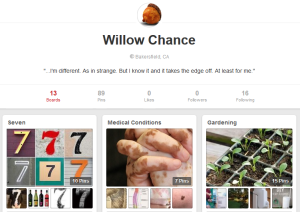
Jaurele’s Attempt at Poetry Inspired by Williams – Blog Post 10
Every time I read The Red Wheelbarrow I feel like I’m stepping into the middle of a narrative, in medias res. I think this is mostly due to the lack of capitalization and punctuation in the lines. There doesn’t seem to be a true beginning or end. I imagine that Williams, or the speaker of the poem, is on a small farm surveying the everyday things that are so important to rural life: a wheel barrow, some chickens. I honestly don’t know if Williams is intending the reader to feel or assume something specific about the action preceding or following this scene. For me the poem is more about the tone created. It seems contemplative, which hints at a complex and emotional frame of mind where you might otherwise not think to find it. The fact that it’s been raining lends a gloomy undertone for me.
The poem raises a lot of questions. What depends on the wheel barrow? The farmer’s livelihood? Is this poem a reflection on how we depend upon the mundane to support us through life? How would the farmer feed his family without the tools he uses to raise livestock and harvest crops? Did something happen? Was there an accident involving the red wheel barrow? Why was it left out in the rain? I don’t think we’re meant to know. The ambiguity may be the message. Here’s my imitative poem:
so much depends
upon
a bitten yellow
pencil
holding open the
booklet
on the exam
table



